Senior Gardening – The Sustainable Solution! Money is always a challenge. Especially during our golden years. This situation is a concerning reality for older individuals, who must make ends meet during their golden years.
Money problems for seniors is a pressing issue that deserves our attention and empathy. One primary factor contributing to their financial challenges is the escalating cost of living. Inflation is making vegetables and other ingredients expensive. This is where senior gardening gives you control over your finances.
Contents
- 1 Reducing Cost of Living Pressures on Seniors
- 2 The Take Away
Reducing Cost of Living Pressures on Seniors
The cost of living for seniors is rising. Retirees are facing expenses in housing, healthcare, groceries, and utilities. Healthcare is a particularly pressing concern, as older adults often need more medical care and specialized treatments. This spike in healthcare costs limits their access to quality medical services, which affects their health and adds financial stress due to high medical bills.
Retirement should be a time for relaxation and enjoyment, but for many seniors, it has become a period filled with financial uncertainty. With people living longer and the decrease in traditional pension plans, maintaining a comfortable lifestyle throughout retirement is becoming increasingly difficult.
Prefer to listen rather than read?

However, there’s a sustainable and beneficial solution: senior gardening. You save money by growing your own ingredients. In this article, we explore how senior gardening can alleviate financial pressures and support a healthier, greener lifestyle.
Senior gardening offers numerous advantages that can significantly reduce living costs for seniors. Let’s look at how this activity can positively impact their lives:
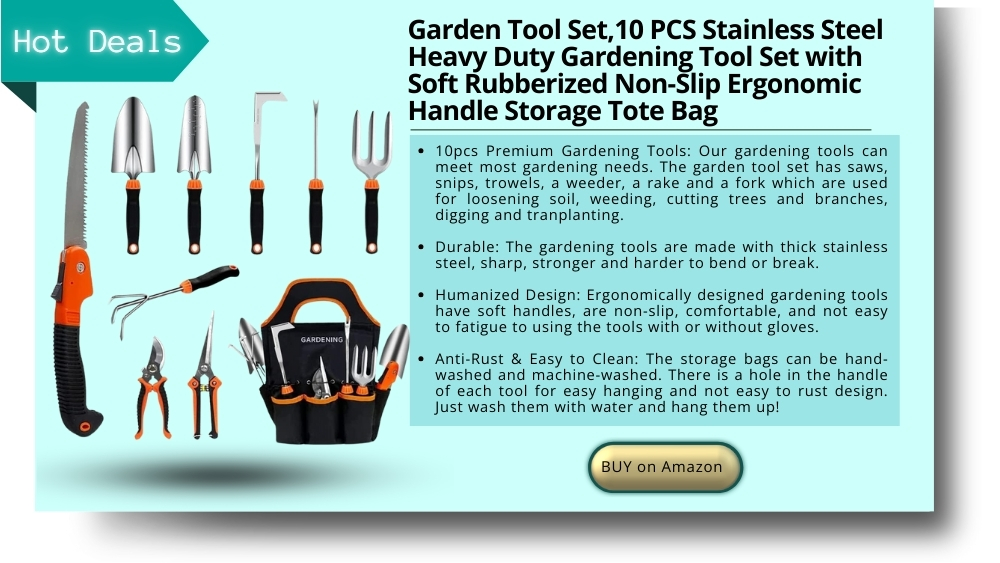
Growing Your Own Produce
Senior gardening is fun because you are making your OWN FOOD. You do not have to wait in line at the grocery for your stew ingredients. You are growing your own stew ingredients.
The rewarding experience of senior gardening is control over what you eat. You can select from an assortment of crops, including your personal favorites and rare heirloom varieties rarely found in stores. This diversity not only broadens your palate with different flavors and textures but also adds a spark of excitement to your cooking, making each meal special with unmatched freshness.
Homegrown produce is harvested at the peak of ripeness, unlike store-bought options that may have traveled long distances or spent time in storage. This means you can enjoy the best flavors and the highest nutritional benefits from your garden. The freshness of your harvest ensures every bite is packed with flavor and goodness.
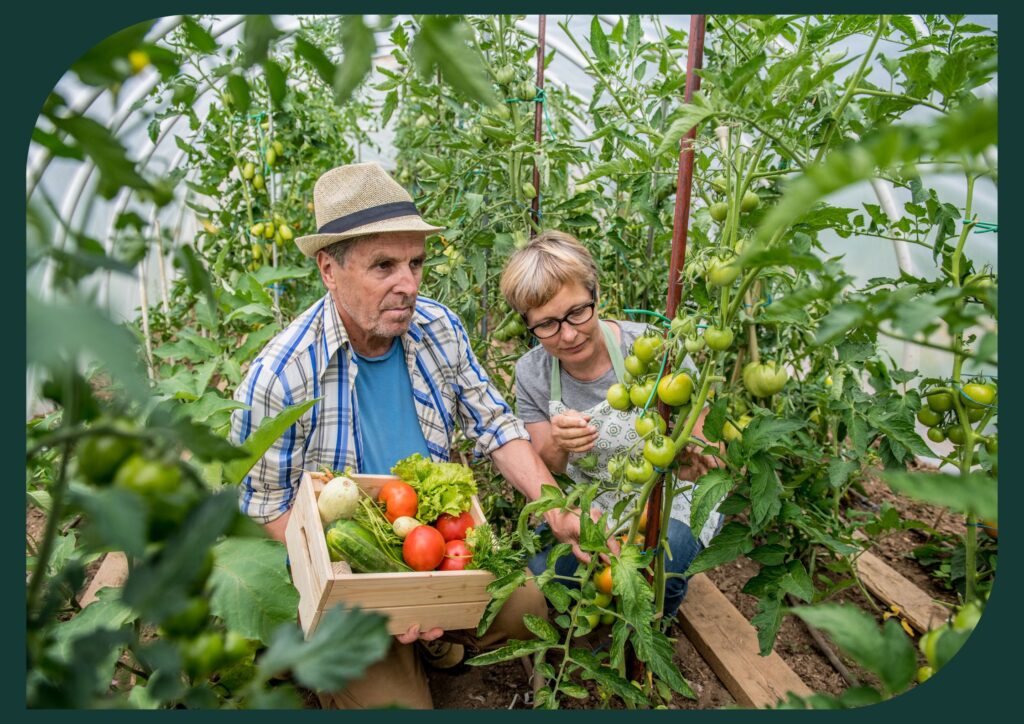
Moreover, senior gardening creates a deep connection with the food you eat. From planting seeds to nurturing the plants and seeing them bear fruit, the process enriches your appreciation for the food on your plate. This connection brings a sense of fulfillment and gratitude, making each meal more satisfying knowing you’ve grown it yourself.
Decreasing Food Expenses
Senior gardening open up a valuable opportunity to significantly reduce their monthly food expenses. By growing their own produce, they lessen their dependence on store-bought items, which can lead to considerable savings on grocery bills. Store-bought fruits, vegetables, and herbs can be expensive, but seniors who cultivate these items in their gardens avoid paying premium prices.
Additionally, senior gardening provides the chance to grow organic produce. By using organic practices, such as avoiding chemical pesticides and fertilizers, seniors can harvest healthier, pesticide-free food. This approach not only improves the taste and quality of their food but also enhances their overall health. Eating nutritious, chemical-free produce can lead to fewer health issues, which might even reduce healthcare costs over time.
Ultimately, senior gardening creates a win-win scenario. It offers financial savings on groceries while improving health through access to fresh, organic produce. By adopting gardening, seniors can support their nutritional needs in a more sustainable and budget-friendly way.
Health Benefits
Senior gardening goes beyond financial savings; it offers a wealth of physical and mental health benefits that can significantly improve the well-being of older adults. Engaging in various gardening activities, such as planting, weeding, and watering, provides seniors with a means to stay physically active and maintain their overall health.
Physical Health Benefits
Engaging in senior gardening offers a multitude of physical health benefits that can greatly contribute to seniors’ overall fitness levels and well-being.
The physical demands involved in gardening activities provide an excellent opportunity for seniors to engage in regular physical activity and maintain their physical health.

When seniors partake in planting seeds, they utilize their strength and dexterity to prepare the soil and carefully sow the seeds. Tending to plants requires activities such as bending, kneeling, and reaching, which promote flexibility and improve range of motion.
Additionally, carrying gardening tools, pots, or bags of soil provides a weight-bearing exercise that can enhance muscle strength and endurance.
Regular physical activity in the garden helps seniors improve their cardiovascular health. The sustained movement involved in senior gardening tasks, such as digging, raking, and watering, increases heart rate and stimulates blood circulation.
This can lead to improved cardiovascular fitness, lowered blood pressure, and a reduced risk of developing chronic diseases like heart disease and stroke. Furthermore, engaging in physical activity through gardening can have a positive impact on seniors’ balance and coordination.
Balancing while reaching for plants or navigating uneven terrain in the garden helps improve stability and prevent falls, which are common concerns for older adults. By promoting better balance and coordination, senior gardening contributes to maintaining independence and reducing the risk of injuries.
The benefits of regular physical activity in the garden extend beyond physical health. Engaging in gardening tasks also provides an opportunity for exposure to sunlight, which helps the body produce vitamin D. Adequate levels of vitamin D are essential for bone health, immune function, and overall well-being.
These positive physical outcomes not only enhance their overall fitness levels but can also potentially reduce healthcare expenses by preventing the onset of chronic diseases and promoting overall well-being.
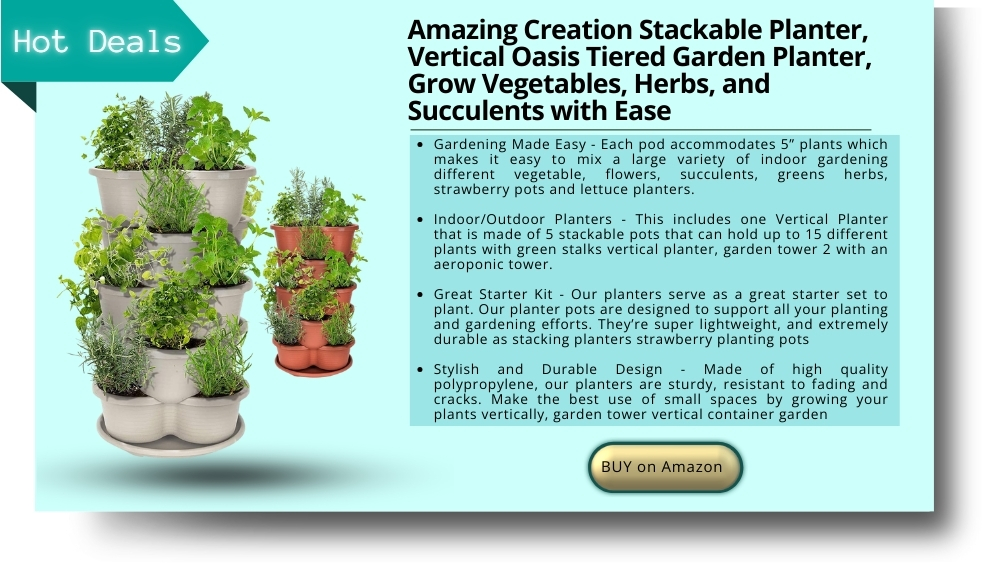
Mental Health Benefits
Gardening has been widely recognized for its therapeutic benefits, particularly for seniors. It acts as a natural stress reliever, promoting mental well-being and contributing to a healthier and more fulfilling life. Spending time in the garden and connecting with nature offers a calming and meditative experience that can greatly reduce anxiety and depression.
It benefits seniors by providing purpose, satisfaction, and a deep connection to nature. It offers a break from daily stress, creating a peaceful sanctuary. The calming motions of gardening reduce stress and promote relaxation. Sensory stimulation enhances mental well-being, fostering peace and contentment.
By reducing stress-related conditions, it can potentially lead to lower healthcare costs associated with mental healthcare. Studies have shown that gardening can have a positive impact on mental health outcomes, leading to a decrease in the need for extensive medical interventions.
The meditative nature of gardening and the sense of purpose it provides can contribute to improved mental health, reducing the likelihood of developing stress-related illnesses.
Senior gardening is not just about financial savings—it’s a holistic approach to living a healthier and more fulfilling life.
Social Connections and Community Engagement
It is not only a solitary activity but also an avenue that brings people together, fostering social connections and community engagement. Seniors who participate in gardening clubs or community gardens have the opportunity to meet like-minded individuals, share tips and experiences, and form valuable friendships.
Gardening clubs provide a platform for seniors to interact with other enthusiasts. These clubs often organize regular meetings, workshops, and events where members can come together to exchange knowledge, learn new techniques, and showcase their gardening achievements.

The shared passion for gardening creates a sense of camaraderie and belonging, as seniors connect over their love for plants and cultivation. Community gardens further facilitate social interactions among seniors.
These shared garden spaces allow individuals to work side by side, tending to their respective plots while engaging in conversations and collaboration. Seniors can share their tools, seeds, and even extra produce, fostering a spirit of generosity and cooperation within the community.
Participating in gardening activities with others can combat feelings of loneliness and isolation, which are common among seniors. The social connections forged through gardening offer a support system and a sense of belonging.
Seniors can bond over their shared experiences, exchange advice, and offer encouragement to one another. These social interactions contribute to improved mental health and overall quality of life for seniors.
Moreover, seniors who excel in their gardening endeavours may have the opportunity to sell their surplus harvest and generate extra income. Farmers’ markets, local produce stands, and even neighbourhood sales can provide avenues for seniors to share the fruits of their labour with the community and earn some financial rewards.
This not only adds to their sense of accomplishment but also provides an avenue for economic empowerment and self-sufficiency.
Enhancing Your Living Space through Senior Gardening
Another notable benefit of senior gardening is the ability to beautify your living space. Transforming a corner of your backyard into a vibrant and blooming garden can bring immense joy, satisfaction, and visual appeal to your home.
By dedicating time and effort to gardening, you have the opportunity to create an oasis of natural beauty right outside your doorstep. Whether it’s a small plot or an extensive garden, cultivating flowers, plants, and shrubs can add a burst of colour, texture, and fragrance to your living space.
The sight of blooming flowers, lush foliage, and neatly arranged plants creates a visually pleasing environment that can uplift spirits and enhance the overall ambience of your home.
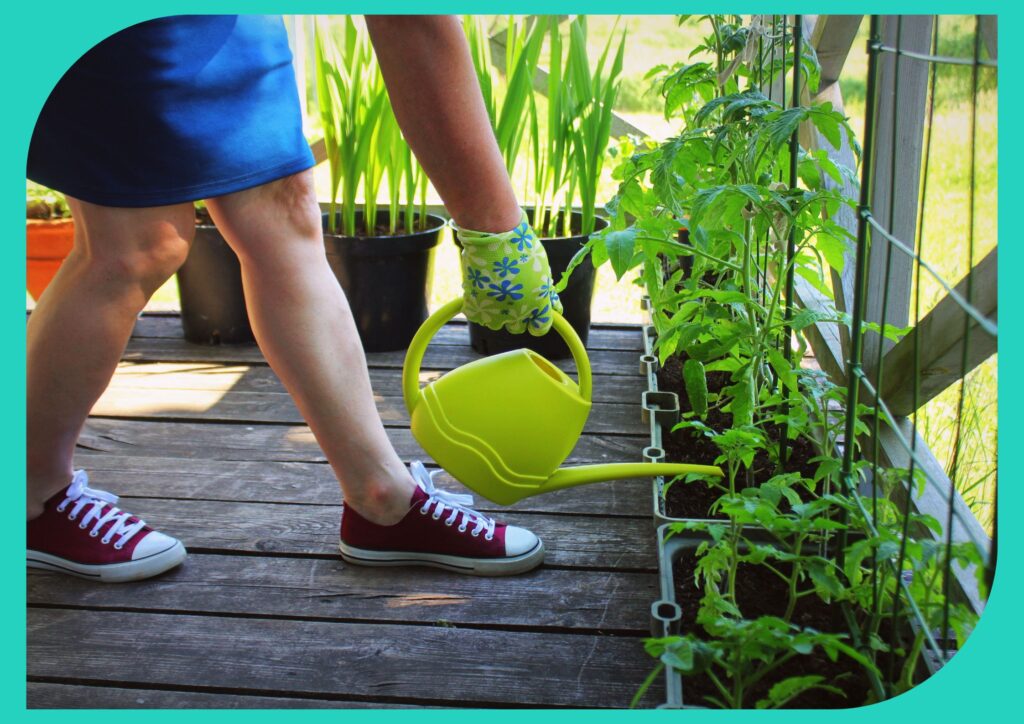
The act of designing and planning your garden allows you to express your creativity and personal style. You can experiment with different colour schemes, plant combinations, and landscaping elements to create a space that reflects your aesthetic preferences. From vibrant displays to serene green spaces, your garden becomes a reflection of your unique personality and taste.
The visual appeal of a well-maintained garden extends beyond its aesthetic value. Research has shown that being surrounded by greenery and natural elements has a positive impact on mental well-being.
Additionally, a beautifully landscaped garden can enhance the overall value of your home. Curb appeal plays a significant role in the perceived value of a property, and a well-maintained garden can greatly enhance the attractiveness of your residence.
Getting Started with Senior Gardening
Gardening is a rewarding hobby for seniors, providing outdoor time, exercise, and fresh produce. Starting can be overwhelming, so we’ve created a guide. It covers selecting the right location, assessing physical abilities and limitations and gardening safely with ergonomic tools. Whether you’re a senior or a caregiver, this guide will help you get started.
Selecting the Right Location
The first step in senior gardening is choosing an appropriate location for your garden. Consider the following factors:
- Sunlight: Find an area that receives ample sunlight as most plants require several hours of direct sunlight each day.
- Accessibility: Ensure that the garden is easily accessible, with smooth pathways and raised beds or containers to minimize bending or kneeling.
- Water Source: Make sure there is a convenient water source nearby to simplify watering tasks.
Assessing Physical Abilities and Limitations
Before diving into gardening activities, it’s important to assess your physical abilities and limitations. This allows you to adapt your gardening practices accordingly and prevent any potential strain or injuries. Some considerations include:
- Strength and Endurance: Take into account your strength and endurance levels when planning tasks and pacing yourself.
- Mobility: Consider any mobility challenges and make necessary adjustments, such as using gardening tools with extended handles or employing adaptive aids like kneelers or stools.
- Safety: Ensure that the garden is free from hazards, such as loose rocks, exposed roots, or uneven surfaces, to prevent falls or accidents.
Essential Gardening Tools and Equipment
To ensure a smooth senior gardening experience, it’s essential to have the right tools and equipment. Here are some must-have items for senior gardeners:

- Garden Gloves: Protect your hands from thorns, dirt, and potential allergies with a sturdy pair of gardening gloves.
- Hand Trowel: A hand trowel is a versatile tool for digging holes, transplanting seedlings, and loosening soil.
- Pruning Shears: Pruning shears help trim and shape plants, removing dead or damaged foliage.
- Kneeler or Stool: A kneeler or stool provides support and comfort while working at ground level, minimizing strain on your knees and back.
- Watering Can: A lightweight and easy-to-handle watering can ensure plants receive adequate hydration without overwatering.
Investing in quality gardening tools is a wise decision that can greatly enhance your gardening experience. While it may be tempting to opt for cheaper, low-quality tools, they often wear out quickly and can hinder your progress.
Frequently Asked Questions (FAQs)
Now, let’s address some frequently asked questions about senior gardening and its role in reducing the cost of living pressures:
FAQ 1: Can senior gardening be pursued in limited spaces like apartments or small yards?
Absolutely! Senior gardening can be pursued in a variety of spaces, regardless of size. For seniors living in apartments, balcony or container gardening can be an excellent option. Vertical gardens and raised beds are ideal for small yards. With some creativity and planning, seniors can cultivate a beautiful garden even in limited spaces.
FAQ 2: How can seniors save money on gardening supplies?
Seniors can save money on gardening supplies by utilizing recycled materials. Repurposing items like old containers, wooden pallets, or even kitchen scraps can be an affordable and sustainable way to start a garden. Additionally, shopping during sales or using coupons can help seniors get the necessary gardening tools and supplies at discounted prices.
FAQ 3: Can senior gardening help supplement a fixed income?
Certainly! Senior gardening can be an excellent way to supplement a fixed income. By growing their produce, seniors can reduce their grocery bills and even consider selling excess produce or homemade goods at local farmers’ markets. This extra income can provide financial relief and increase overall financial stability.
FAQ 4: Are there any resources available for seniors interested in starting a garden?
Yes, there are numerous resources available for seniors interested in starting a garden. Local gardening clubs, community centres, and senior centres often offer gardening workshops and classes specifically tailored for seniors.
Additionally, online platforms and gardening websites provide a wealth of information, tips, and guides for senior gardeners.

FAQ 5: Is senior gardening suitable for individuals with limited mobility?
Certainly! Senior gardening can be adapted to accommodate individuals with limited mobility. Raised garden beds or vertical gardens can be designed at a height that allows easy access for wheelchair users. Tools with ergonomic handles and lightweight materials can also make gardening more manageable for seniors with mobility challenges.
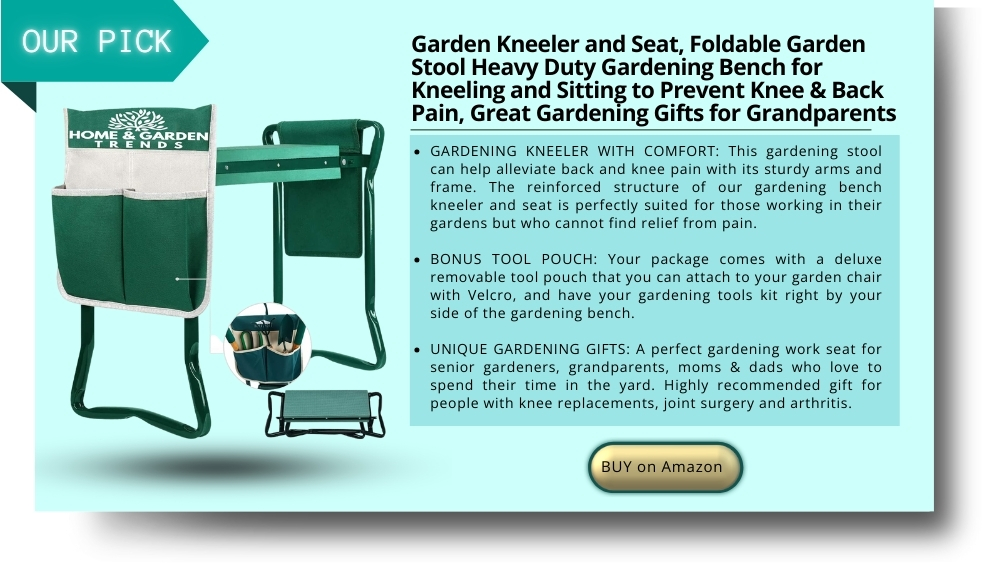
The Take Away
Senior gardening can also help reduce the cost of living pressures by providing fresh produce and fostering self-sufficiency. Senior gardening is a fulfilling and rewarding endeavour that provides a multitude of benefits for older adults. Engaging in this activity promotes physical exercise, stress reduction, cognitive stimulation, and social interaction.
By selecting the right location, assessing physical abilities, and choosing suitable plants, seniors can create a thriving garden tailored to their needs. Investing in quality tools ensures efficiency, durability, and better results.
So, whether you have limited space or physical limitations, there are adaptive techniques and strategies to accommodate your needs. Embrace the joy of gardening and reap the countless rewards it offers. Start your senior gardening journey today and connect with nature in a meaningful way.



